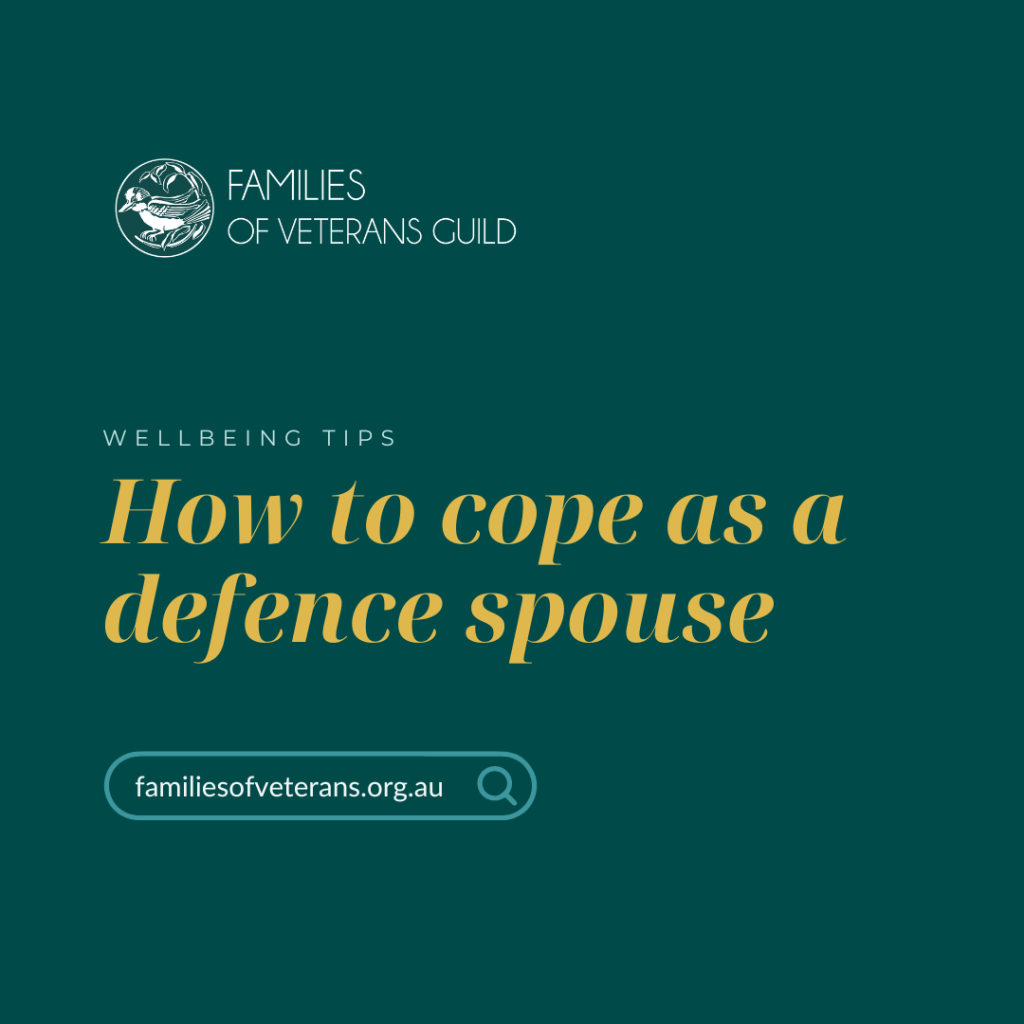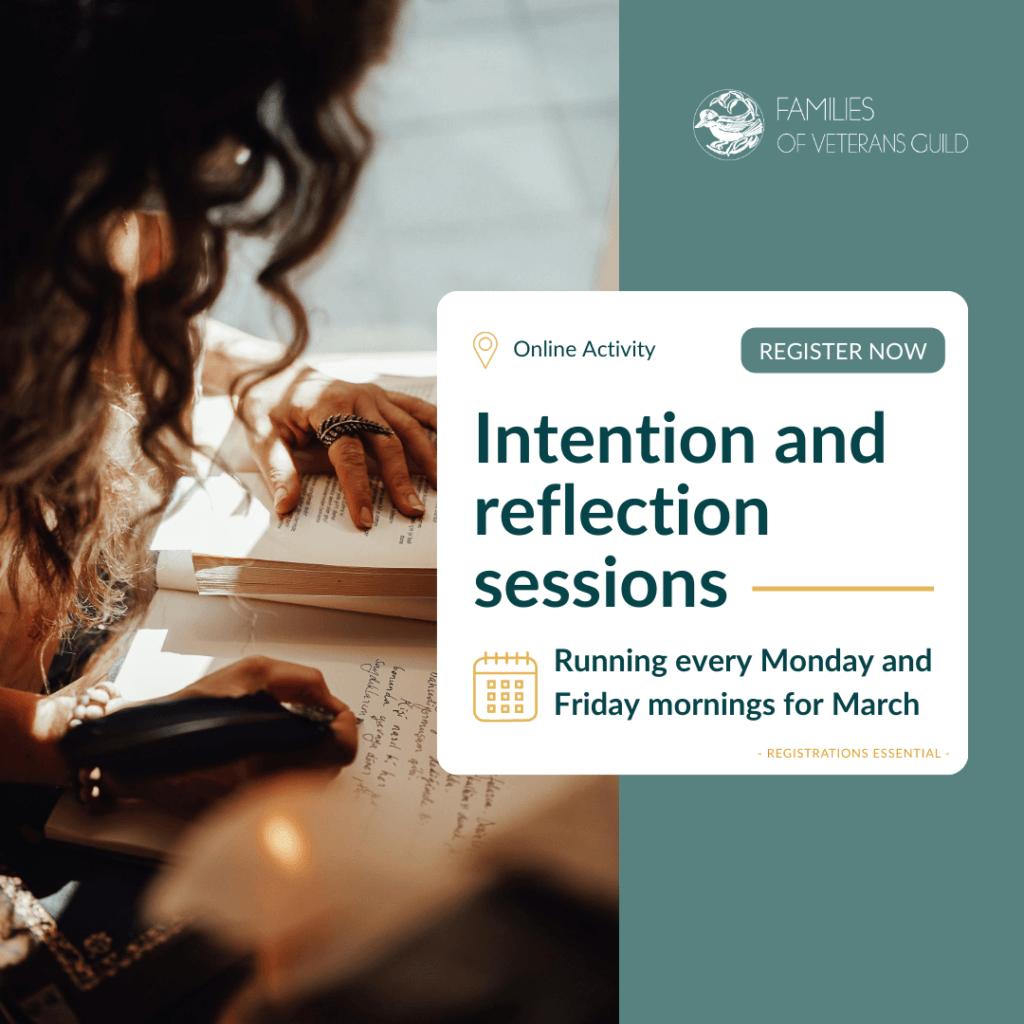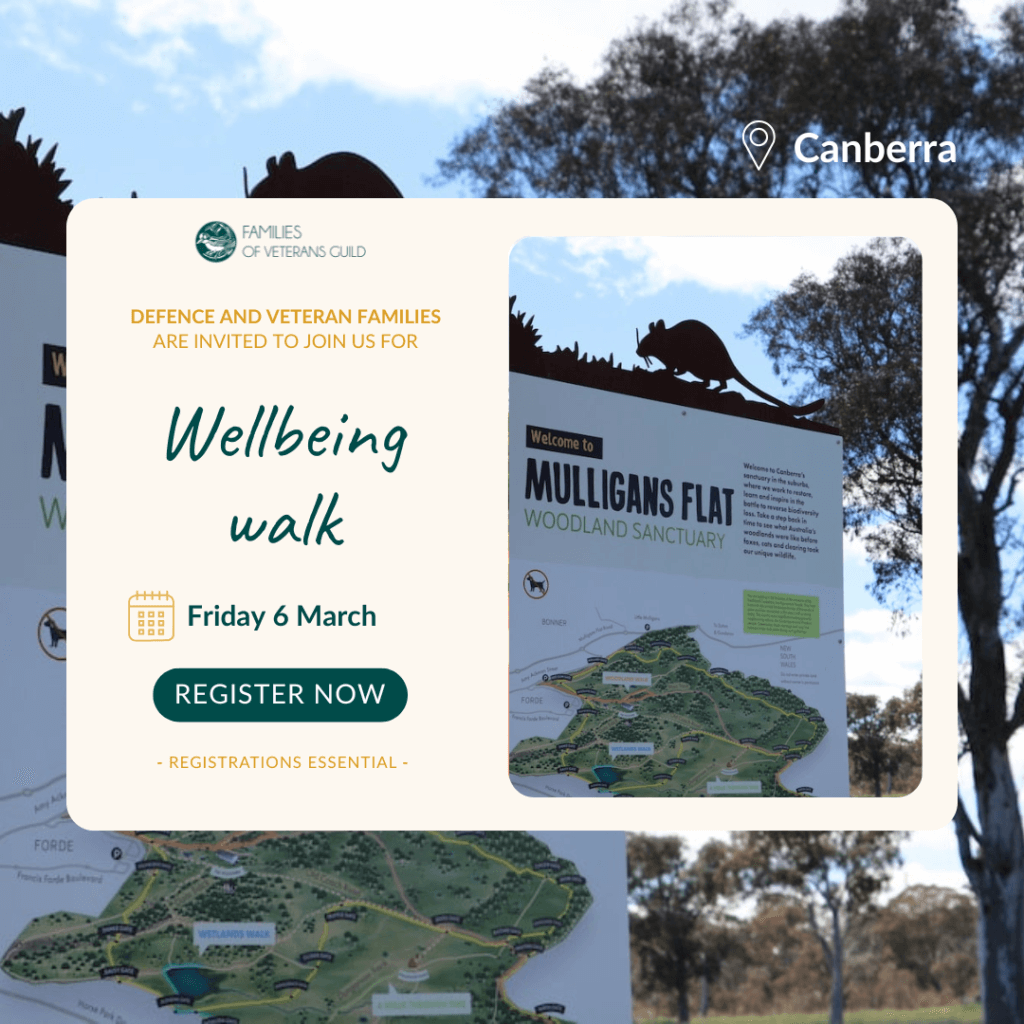Anne shares her experience of being married to a Navy submariner and how she found support after his passing.
Being a defence spouse: the challenges and the rewards
Being a defence spouse can be rewarding, but it also comes with many challenges. You may have to deal with long periods of separation, frequent moves, uncertainty, and lack of support. You may also have to cope with the effects of trauma, injury, or illness on your loved one. How can you manage these difficulties and still maintain your own identity and well-being?
We spoke to Anne, a war widow and advocate, who shared her experience of being married to a Navy submariner for over 40 years. She also gave us some tips on how to cope as a defence spouse and where to find support.
The story of a Navy wife
Anne had to adjust to a new life as a Navy wife, which meant being alone for long stretches of time, not knowing when he would be back, and dealing with everything on her own.
“You will always need something when they are away at sea,” said Anne. “Something will go wrong, or the car will need fixing.”
She also had to cope with some difficult situations, such as when her father passed away in 1994 and Garry was at sea. She managed to get a message to him, but he only came back for two days to attend the funeral and then went back to his duty.
“He felt torn between supporting me and going back to sea, where he was needed due to staff shortages,” said Anne. “But I understood. It’s just part of dealing with life.”
How Anne found support after becoming a war widow
Garry passed away in 2014 at age 67, after a long battle with cancer. Anne later discovered that he was suffering from undiagnosed PTSD.
“I didn’t figure out the full PTSD thing until I did the advocacy work,” said Anne. “My supervisor gave me a checklist about PTSD and I remember reading it thinking, ‘Yes, he ticked that box. Yes, he ticked that box, too’.”
Anne decided to volunteer as an advocate to help veterans pursue claims with the Department of Veterans’ Affairs, which gave her a sense of purpose and a way to honour Garry’s memory.
She also found the support she didn’t have during Garry’s service through our organisation, Families of Veterans. She connected with a “fabulous” group of women who were also married to submariners in the Navy.
“[Families of Veterans Guild] is brilliant,” said Anne. “I’ve also met some totally inspiring women through my local RSL sub-branch, who I walk with once a week.”
Anne coping advices to other defence spouses
Anne knows that every defence spouse’s experience is unique and different. Some may feel well supported and well connected to other defence partners and families, while others may feel isolated and lonely.
She recommends that defence spouses find friends who understand the challenges of defence life and can offer emotional and practical support. She also suggests that defence spouses have hobbies and activities that have nothing to do with defence, to maintain their own identity and well-being.
“My advice is to learn some skills, like how to change a car tyre or how to fix things around the house, because you’ll need them,” said Anne.
She also warns that defence spouses can become as institutionalised as the serving members, and that they should be prepared for the transition to civilian life, which can be difficult for both parties.
“You have to be flexible and adaptable,” said Anne. “But you also have to be strong and independent.”
If you are a defence spouse or a family member of a veteran, and you need support, advice, or information, please visit our website www.familiesofveterans.org.au or call us on 1800 123 456. We are here to help you.




